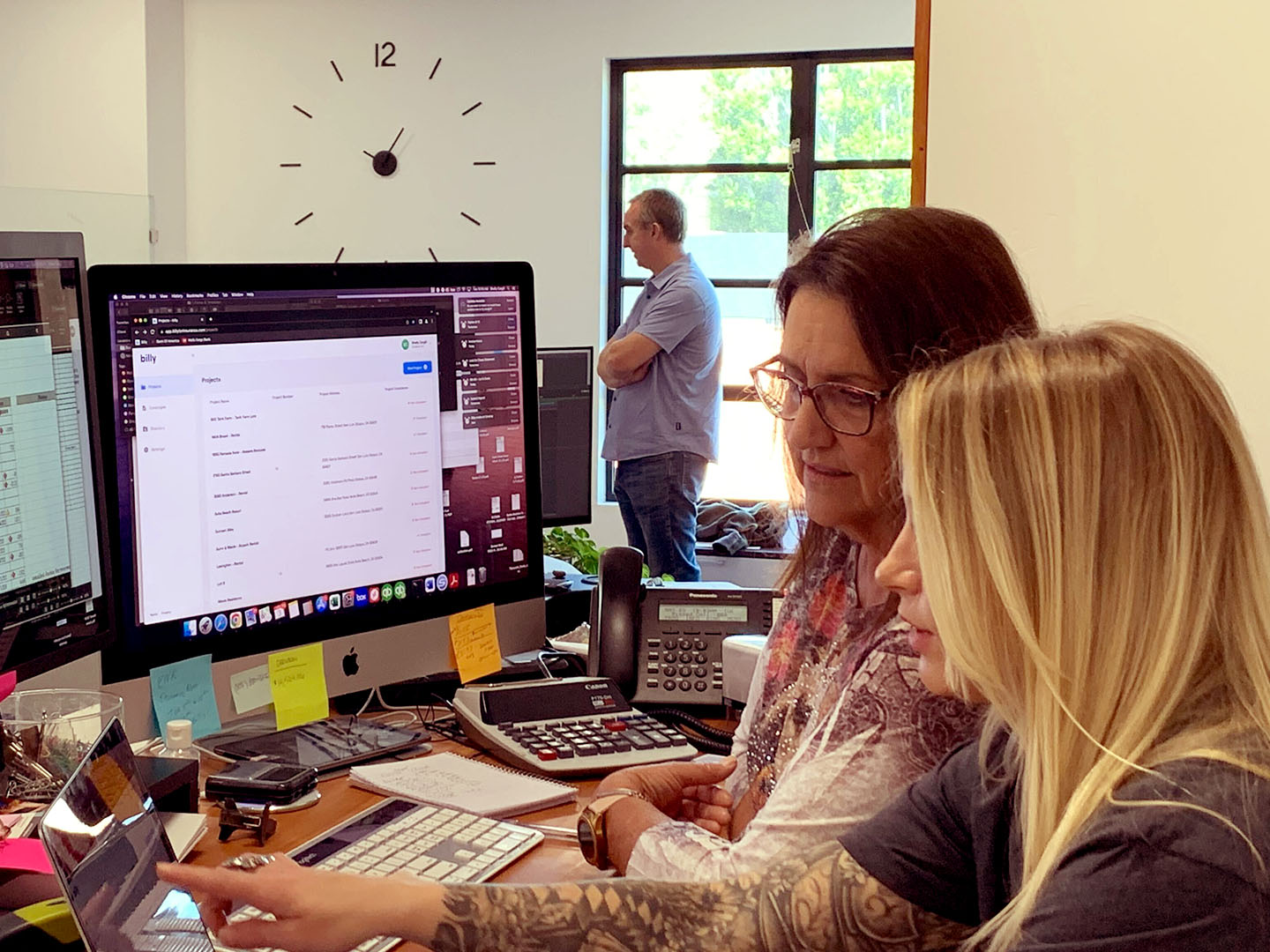Most people know that contractors and construction owners handle a lot of plans, specifications, and other similar documents. However, the construction process involves much more document management and tracking than you might think. In fact, contractors and construction owners need to manage hundreds of digital documents via digital file storage.
The amount and types of documents required to run a construction project are significant and complex, to the extent that many professionals might wish they also attended law school before working in the industry. Construction professionals rely on several documents, including:
- Contracts
- Legal letters and emails
- Letters of intent
- Insurance certificates
- Bonds
- Payroll tracking
- Equipment tracking
- Requests for information (or RFIs)
- Submittals
- Invoices
- Schedules (including three-week schedules)
- Liens
- Preliminary lien notices
- Lien waivers
- Invoices
- Project drawings
- Specifications
- Bank draws
- Safety inspections
- Safety meetings
- Owners’ meetings
- Subcontractors’ meetings
- Quality control inspections
- Quality control reports
- Personnel reports
- Payroll reports
- Daily reports
- Photos
- Sketches
Plus, construction professionals take plenty of notes during the day. With all of these documents, it’s easy to see how a project management tool can help track all of these files. Before the digital transformation in the construction industry, construction managers and owners printed countless documents to track projects. In fact, in the “early days,” construction professionals filled storage units with at least 30 to 50 boxes per project. That’s because every step of a construction project requires documentation.
Even with today’s digital software solutions, technology adoption in the construction industry lags behind other sectors in terms of digitization. That’s one of the main challenges facing the construction industry. However, embracing digital technology could address the industry’s sustainability and productivity challenges. With better document storage and tracking, construction companies and contractors can ensure that all of their documents are in one place —without the hassle of all the paperwork.
Best Management Practices in Construction
Document management and tracking might seem intimidating, but there are many benefits to maintaining digital documents besides organizational efficiency. Effective documentation practices also help contractors and construction companies protect themselves in case of legal claims. Although legal requirements vary by state, most companies keep records of their projects for 10 years. That’s because, in many locations, people can file legal claims related to construction defects for up to 10 years after the project’s completion.
For example, if a water leak is discovered nine years after a project is completed, the contractor might be asked to correct it and repair all associated damages. However, the cause of the leak will need to be investigated, which makes the digital file storage of project plans, approved submittals, specifications, quality control reports, meeting notes, and more incredibly important.
Additionally, it’s nearly impossible to predict what you’ll need in the future and what you will not. And most construction is so intertwined with other portions of projects that companies tend to keep documents for several years. For example, let’s say there is a roof leak on a recently completed project. The leak might not have been caused by a roofer, but it could have been caused by a plumber who, for some reason, worked on the roof once the roofing project was complete. You need both sets of documents to understand what caused the leak, who was working on each project, and what materials were used.
Despite the different types of digital software solutions and digital documents available to construction professionals, it can be intimidating to undergo a digital transformation in the construction industry. However, once companies do so, they will likely find document management and tracking much easier.
If you have any questions about the latest developments in construction management and insurance, speak with a professional at Billy to learn more.






